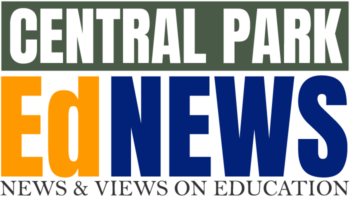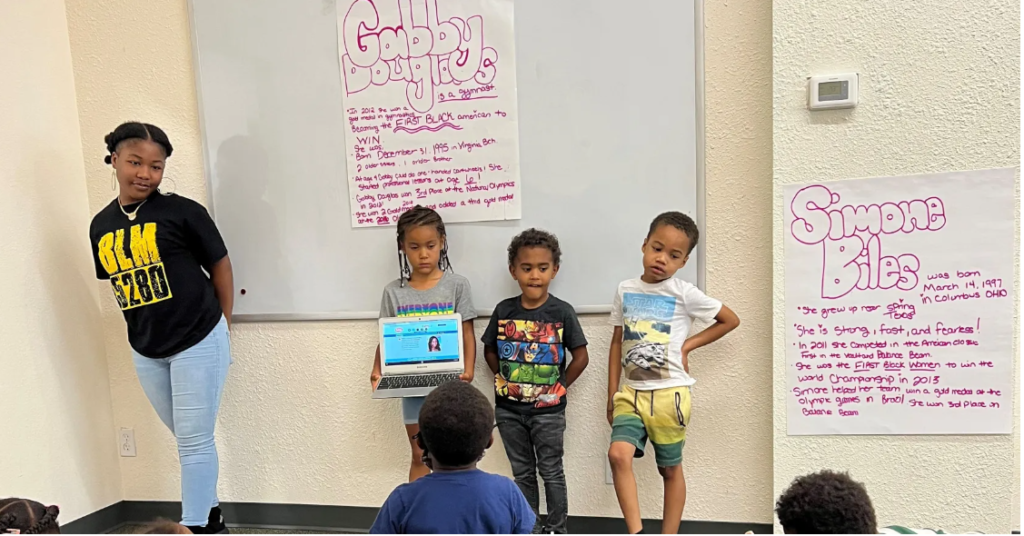Denver Public Schools Superintendent Alex Marrero is scheduled to make recommendations Thursday (3/9) to the DPS board on the renewal of plans for many of the district’s 52 innovation schools. At this time, the board is scheduled to vote on innovation renewals March 23.
Innovation schools operate much like charters which are public schools free from a district’s direct control and run by a nonprofit board but held to strict measures of accountability by a district. To better serve their student populations, the schools are supposed to enjoy enhanced flexibility and autonomy, enabling them to waive many requirements of state law and district policies over:
- academic programming,
- staffing,
- control of their schedules,
- calendars and budgets,
- freedom to shop for better or lower-cost services usually provided by the district.
However, in March 2022 at the behest of the Denver teachers union, the DPS board stripped innovation schools of a dozen waivers tailored to their needs that they had won in plans previously approved by the district.
Under the board’s EL-12.10 schools cannot receive waivers from the labor contract governing:
- Grievance procedures.
- Evaluation process.
- Process for complaints against teachers.
- Teacher salary schedule
There are nine innovation schools in the Central Park area:
- Ashley ES
- Denver Discovery MS
- Denver Green School – Northfield MS
- Inspire ES
- Isabella Bird ES
- McAuliffe International MS
- Northfield HS
- Swigert ES
- Willow ES
Northeast Denver Innovation Zone (NDIZ). Zones typically combine schools with similar education programs such as International Baccalaureate in these three CP schools that are in NDIZ:
- Swigert International ES
- McAulifffe International MS
- Northfield HS
Despite the new limits on their autonomy, local innovation leaders are optimistic that they can continue to run their schools the way that work best for their students. (Check your school’s web site for its innovation renewal plan.)
In anticipation of the district’s review of innovation plans, we asked Colleen O’Brien, executive director of NDIZ, a few questions about innovation schools and the renewal process. Central Park is represented on the DPS board by District Four Director Michelle Quattlebaum, m_quattlebaum@dpsk12.net.
- What is an innovation school and how does a school become one? When will the Denver Public Schools board vote on renewals?
Innovation schools are formed by educators and exist to empower leaders and teachers. They provide an opportunity for educators to design and sustain a shared learning community that meets the needs of a school’s diverse student body.
Innovation zone schools are successful because they have the creativity, flexibility and autonomy to partner with educators, families and communities to co-create and deliver equitable educational resources and experiences to help students be successful. Find the procedure at: https://www.cde.state.co.us/node/26278/
- What percentage of a school’s staff must approve of innovation status?
At least sixty percent of a school’s staff who are members of the Denver Classroom Teachers Association’s collective bargaining agreement must approve of seeking waivers from the union’s contract. The vote is by secret ballot.
- How do NDIZ schools use their waivers that makes them different from traditional schools?
Our waivers include flexibilities in school calendars, bell times, curriculum and extra duty pay, adjustments to school committees and early hiring timelines. We work closely with our community to use these flexibilities.
This past year, the zone supplemented the hourly pay for paraprofessionals and office staff until the bargaining units were able to settle their contract and increase pay.
Innovation schools and zones are created by educators and families at the local level to meet student needs. All innovation plan writing teams included members of the Denver Classroom Teachers Association. NDIZ plans honor the DCTA contract and teachers’ rights.
4. Are there advantages for a teacher to work in an innovation school?
Innovation is all about educator empowerment. Teachers have the autonomy to adjust curriculum to best meet student needs. They have a voice in the vision and operation of their school. They know students best and have the flexibility to be creative in meeting student needs.
- How do you think innovation status helps boost student achievement?
Dedicated time to understand data and adjust instruction to close gaps. Access to opportunities made possible through unique community partnerships and collaborative planning. Prioritization of student mental health to help students navigate trauma.
6. Do you expect all the zone schools to get renewed?
I hope so. We have submitted plans that were collaboratively crafted and included the flexibilities that educators and leaders consider necessary parts of their innovation plans to increase student learning and belonging. There are 12 zone innovation schools in DPS. 9/9 schools that have affirmed school and zone plans with more than 90% of stakeholders in the group.
- If innovation status is lost, what might parents and students see that is different than how they operate now?
If innovation status is lost, schools would return to a district managed system. DPS leaders would determine operations.




